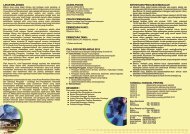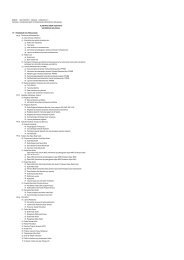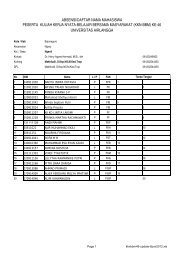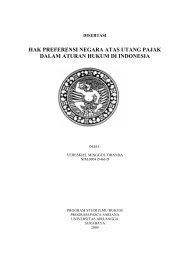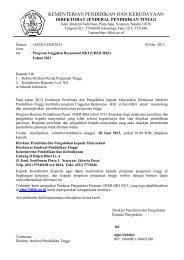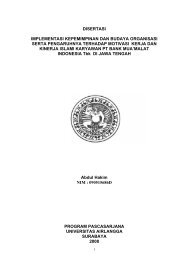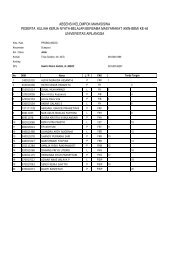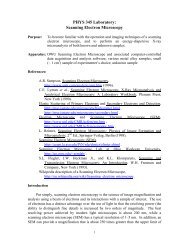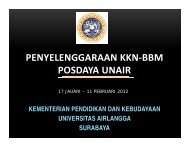Nietzsche's Naturalistic Ethics - UNAIR | E-Book Collection
Nietzsche's Naturalistic Ethics - UNAIR | E-Book Collection
Nietzsche's Naturalistic Ethics - UNAIR | E-Book Collection
You also want an ePaper? Increase the reach of your titles
YUMPU automatically turns print PDFs into web optimized ePapers that Google loves.
morality is problematic in ways objectionable independently of their origin. For instance, moralitymight be criticized for resting on a flawed picture of agency. While ressentiment may explain howsuch a picture emerged, it would be criticized for its erroneous content. Since it has been addressedat length in the literature, 5 we initially disregard this question. The second question asks whetherNietzsche has reasons to exempt a certain class of moral codes from criticism levied againstressentiment-based moral codes. We explore this question in section 3. My central claim in thatsection is that, contrary to what is commonly thought, Nietzsche does acknowledge such a class ofmoral codes, and especially acknowledges a naturalistic notion of obligation. 6 Thus Nietzsche’srevaluation of values amounts to more than a critique. The third question raises an objection to therelevance of this inquiry. The concern is that morality is essentially a first-person affair. Thusinquiries like Nietzsche’s are beside the point. This objection arises formidably from the point ofview of Kantian ethics and is fruitfully addressed by way of an argumentative engagement betweenNietzsche’s account of the origins of morality and Korsgaard’s (1996a) account of the “sources ofnormativity.” However, since Korsgaard enlists Nietzsche for her purposes, we need a Nietzscheanstance towards her account beyond a response to this objection to ensure the distinctness of hisaccount. Section 4 responds to the objection from the irrelevance of third-person inquiries andoffers such a stance. In the conclusion we revisit the first question and briefly discuss it in light ofinsights from sections 3 and 4. It turns out that the ideal of personhood central to the Nietzscheanstance towards Korsgaard offers part of an answer to that question. My hope is that by that the end5See Leiter (1995) and Leiter (1997) and references therein.6 Cf. e.g.. Darwall (1998), p 32/33: ”Nietzsche believed that a sensible naturalism shouldsimply reject the idea of morality as a vestigial holdover from a Judeo-Christian theologicaltradition that can be given no empirical naturalist basis.” This is false.5




